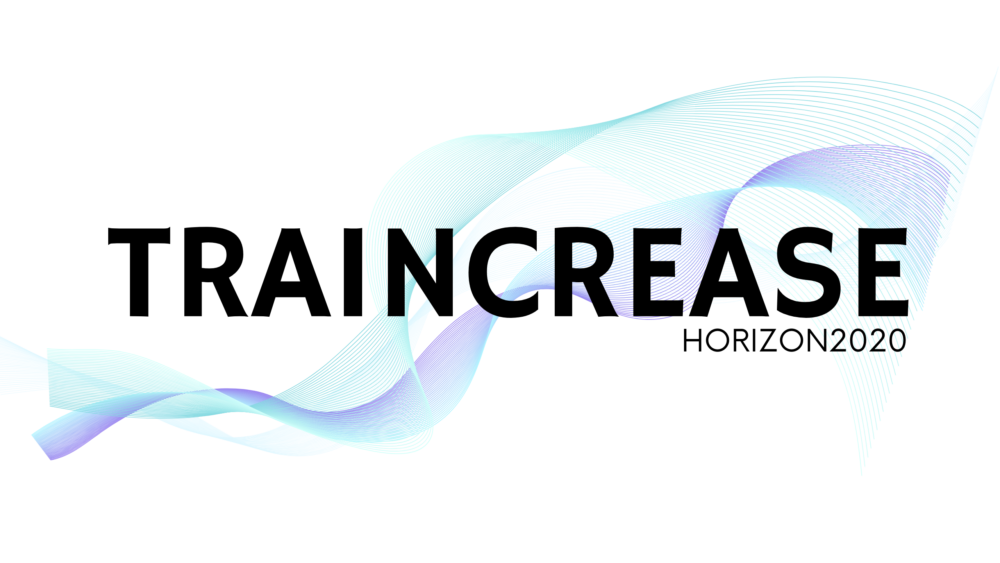Warsaw Workshop (20-23.04.2022)
Dynamical methods: from coordination to abstraction
- download programme [here]
- last UPDATED on April 21th
- Ochota Campus map [download map]
- Required software [instructions]
Instructions for Participants – please familiarize yourself with it prior to attending the Workshop!
Introduction
When we observe human behavior as it enfolds on the here-and-now timescale, we are fascinated by its richness and complexity. Looking at a parent rocking a baby in their arms or a waiter pouring wine into glasses, we see not only skillful feats of motor coordination but also manifestations of certain – individual and cultural – values. This is even more visible in the case of interpersonal interactions when people form coupled systems and maintain coordination functional for a task at hand – think about tango dancers, olympic rowers or turn-taking dynamics in a conversation. Through studying patterns of coordination we can discover structures of values and concepts regulating social interactions and thus shaping the cultural world.
The intricacy of such patterns calls for methods that can cope with complexity. In this workshop, we will introduce Recurrence Quantification Analysis (RQA) as a non-linear technique for analyzing coupling strength and discovering patterns of coordination in complex dynamical systems. It is useful for studying both quantitative and qualitative aspects of the dynamics. We will discuss applications of RQA to data concerning language, categorically-coded behaviors, and movement. We will demonstrate how RQA can be combined with modern pose-tracking software to analyze interpersonal interactions recorded on the video. Finally, we will discuss experimental designs in which dynamical methods can be applied for studying processes of abstraction and conceptualization.
You will learn about:
- Ecological and dynamic paradigms in the study of human behavior (examples from mother-infant interactions, joint action & spontaneous coordination).
- Basic examples of dynamical systems in the social world.
- RQA analyses of categorical and continuous time series. Basic RQA measures.
- Cross-RQA analyses of the coupling between two-time series. Diagonal profile technique.
- Applications of pose-tracking software (Openpose, Mediapipe, DeepLabCut) for analyzing human behavior.
- Experimental designs for studying abstraction using dynamical methods.
Instructors
- Prof. Sebastian Wallot, Department of Psychology Leuphana Universität Lüneburg
- Dr. Moreno Coco, Sapienza University of Rome
- Prof. Joanna Rączaszek-Leonardi, University of Warsaw
- Dr. Julian Zubek, University of Warsaw
+ Cameo appearances:
- Dr. Anne S. Warlaumont, University of California, Los Angeles
- Dr. Rachel Kallen & Prof. Michael Richardson, Macquarie University
Programme
Wednesday (10:00 – 17:00)
- Tour of facilities
- Informal lunch
- Microtwinning meetings
- Additional activities
Thursday (9:00-17:00)
- Introduction: ecological and dynamical approaches to studying cognition. Values enacted through movement. (Joanna Rączaszek-Leonardi)
- Interactive demos of dynamical phenomena in the social world, dynamical systems approach. (Julian Zubek)
- Introduction to RQA & cross-RQA. Recurrence plots and recurrence measures. Working with categorical and continuous time series. Reconstructing multidimensional attractors through time-delayed embeddings. (Sebastian Wallot)
- Interactive examples of RQA analyses. Interpreting recurrence plots. Hands-on exercises. (Julian Zubek)
- Cameo appearance: Dr. Anne S. Warlaumont, University of California, Los Angeles
Friday (9:00-17:00)
- Cameo appearance: Dr. Rachel Kallen & Prof. Michael Richardson, Macquarie University
- Coordination, cognition and abstract concepts. Interpersonal coordination as the basis of sociality. Studying symbol ungrounding (Moreno Coco, Joanna Rączaszek-Leonardi, Julian Zubek)
- Studying human movement using video recordings. Overview of open-source pose-tracking software (Openpose, Mediapipe, DeepLabCut). Practical tips for running pipelines involving deep neural networks (Julian Zubek)
- Live experiment: tracking movement during conversation. (Julian Zubek)
- Hands-on tutorial on movement data cleaning and preprocessing in R. Typical pipeline and common pitfalls (Julian Zubek)
- Hands-on tutorial on performing cRQA analyses in R. (Moreno Coco)
Saturday (10:00-17:00)
- Art & Science Workshop: PanGenerator (https://pangenerator.com/) & Dr. Wiesław Bartkowski
- RQA consultations on your data – with Prof. Sebastian Wallot & Dr. Moreno Coco
Literature
Carello, C. & Moreno, M. (2005). Why nonlinear methods? In M. A. Riley & G. C. Van Orden (Eds.), Tutorials in contemporary nonlinear methods for the behavioral sciences (pp. 1-25). Retrieved March 7, 2022, from https://www.nsf.gov/pubs/2005/nsf05057/nmbs/nmbs.pdf
Webber, C. L., Jr. & Zbilut, J. P. (2005). Recurrence quantification analysis of nonlinear dynamical systems. In M. A. Riley & G. C. Van Orden (Eds.), Tutorials in contemporary nonlinear methods for the behavioral sciences (pp. 26-94). Retrieved March 7, 2022, from https://www.nsf.gov/pubs/2005/nsf05057/nmbs/nmbs.pdf
Coco, M.I. & Dale, R. (2014). Cross-recurrence quantification analysis of categorical and continuous time series: An R package. Frontiers in Quantitative Psychology and Measurement, 5.
López Pérez D., Leonardi G., Niedźwiecka A., Radkowska A., Rączaszek-Leonardi J. & Tomalski P. (2017). Combining Recurrence Analysis and Automatic Movement Extraction from Video Recordings to Study Behavioral Coupling in Face-to-Face Parent-Child Interactions. Front. Psychol. 8:2228. doi: 10.3389/fpsyg.2017.02228
